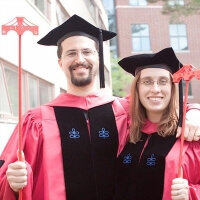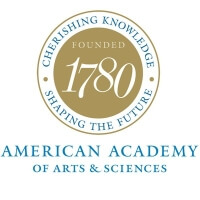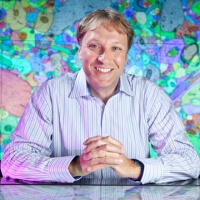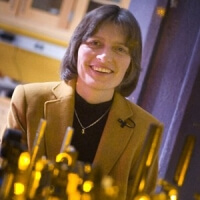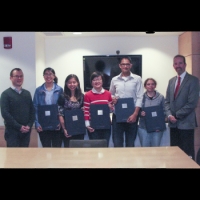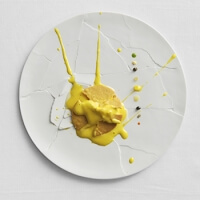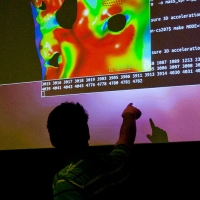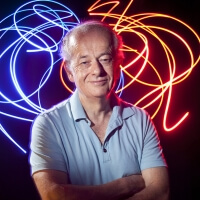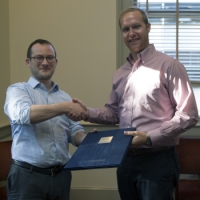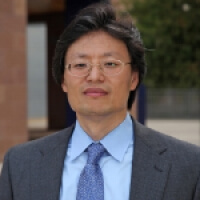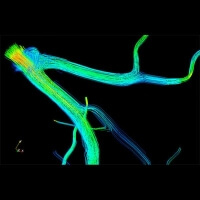Search Results

Engine Earth: The Science of our Climate System - A Holiday Science Lecture for Families
How is Earth like a greenhouse?
How do scientists use measurements and models to understand Earth’s climate?
How does human activity contribute to the warming of our planet?
Join us at the 2022 Holiday Science Lecture for families as we explore the science behind the climate of our home, planet Earth. We will use experiments and interactive demonstrations to understand how the sun, atmosphere, oceans, land, and human activity affect the operation of “Engine Earth.”
to
Science and Engineering Complex (SEC) 1.321
Advanced Innovation in Science and Engineering: Conference Course
ENG-SCI 239
2025 Fall
David Ricketts
Tuesday, Thursday
1:30pm to 2:45pm
This class integrates perspectives from leading innovators with collaborative practice and theory of innovation to teach and inspire you to be more innovative in your life and career. Our approach is to engage with leaders and learn their perspectives and align this with innovation sprints where you...
Topics at the Interface between Computer Science and Economics
COMPSCI 2360R
2025 Fall
Yiling Chen
Tuesday, Thursday
12:45pm to 2:00pm
Interplay between computation and economics. Rotating topics in mechanism design, strategy-aware machine learning, information elicitation and forecasting, computational social choice and other emerging areas. Readings in AI, theoretical CS, multi-agent systems, economic theory, and operations resea...
